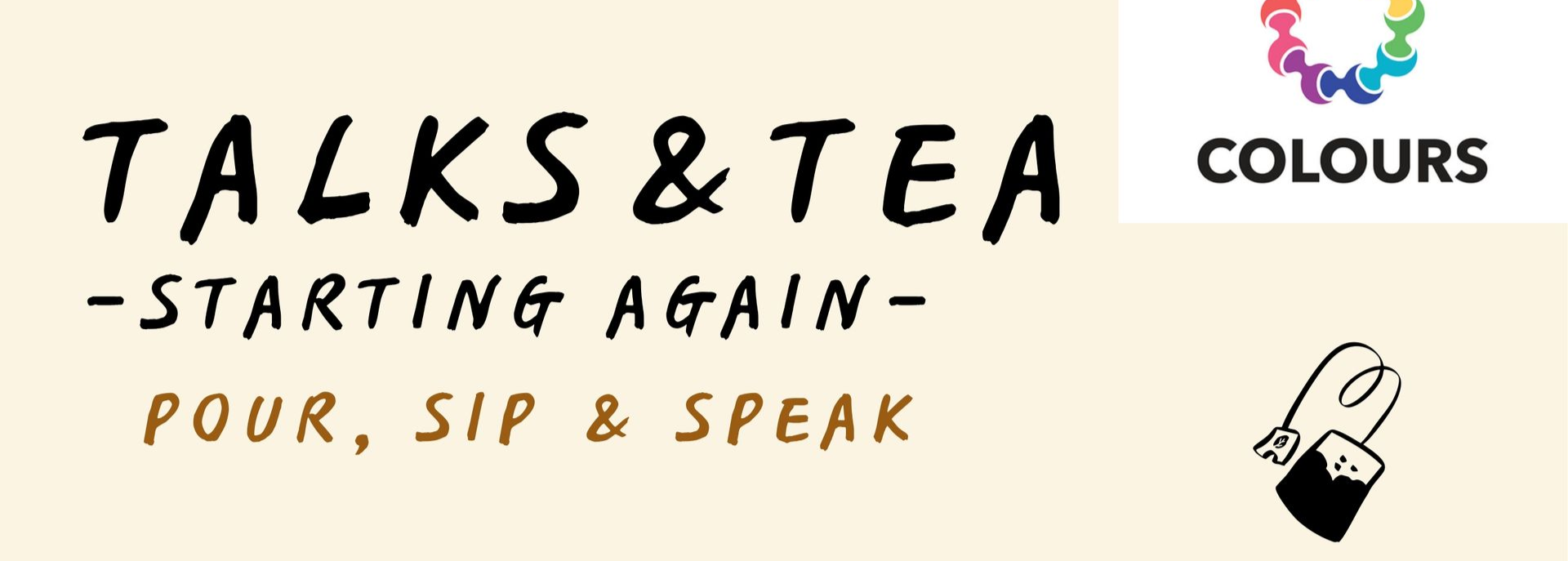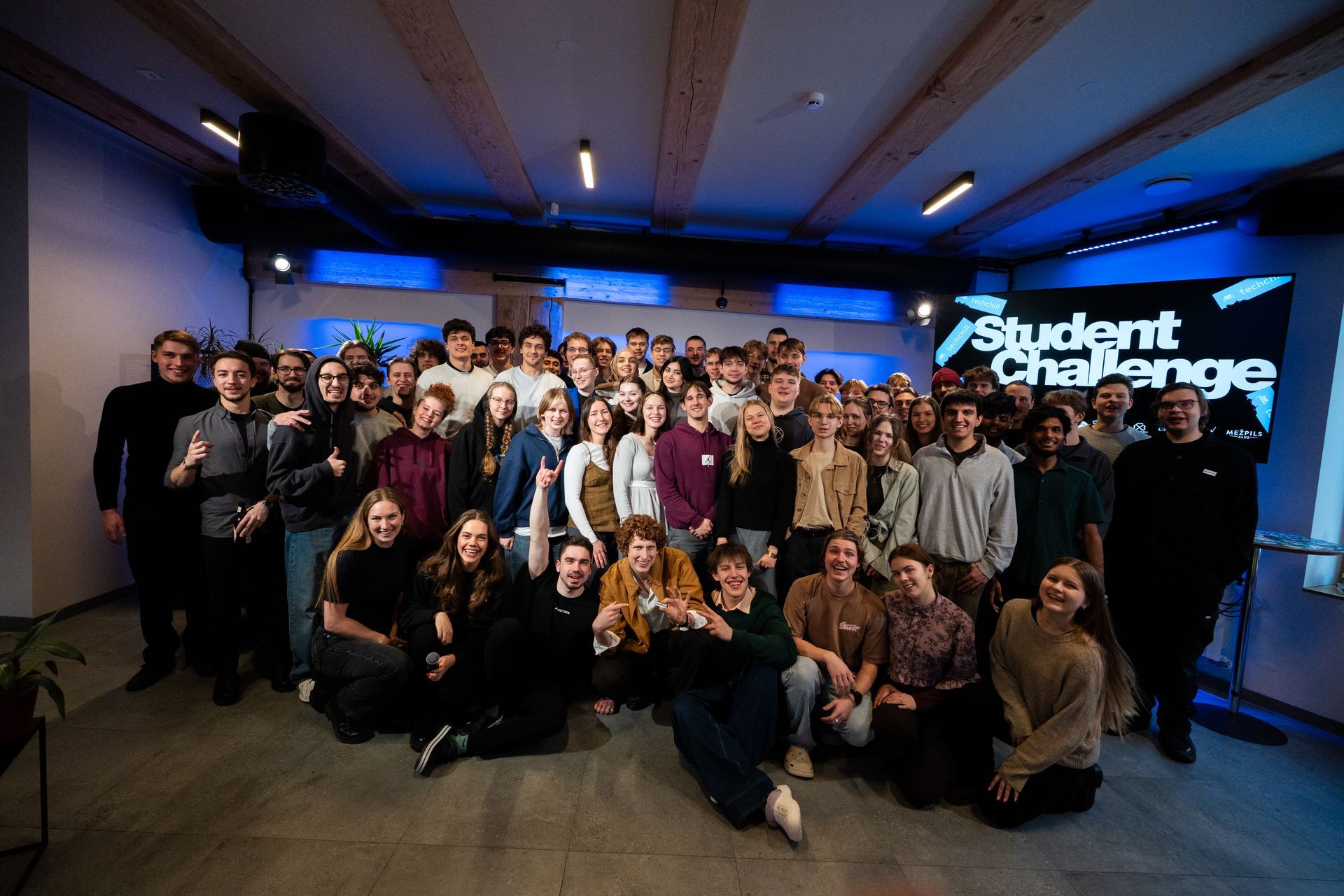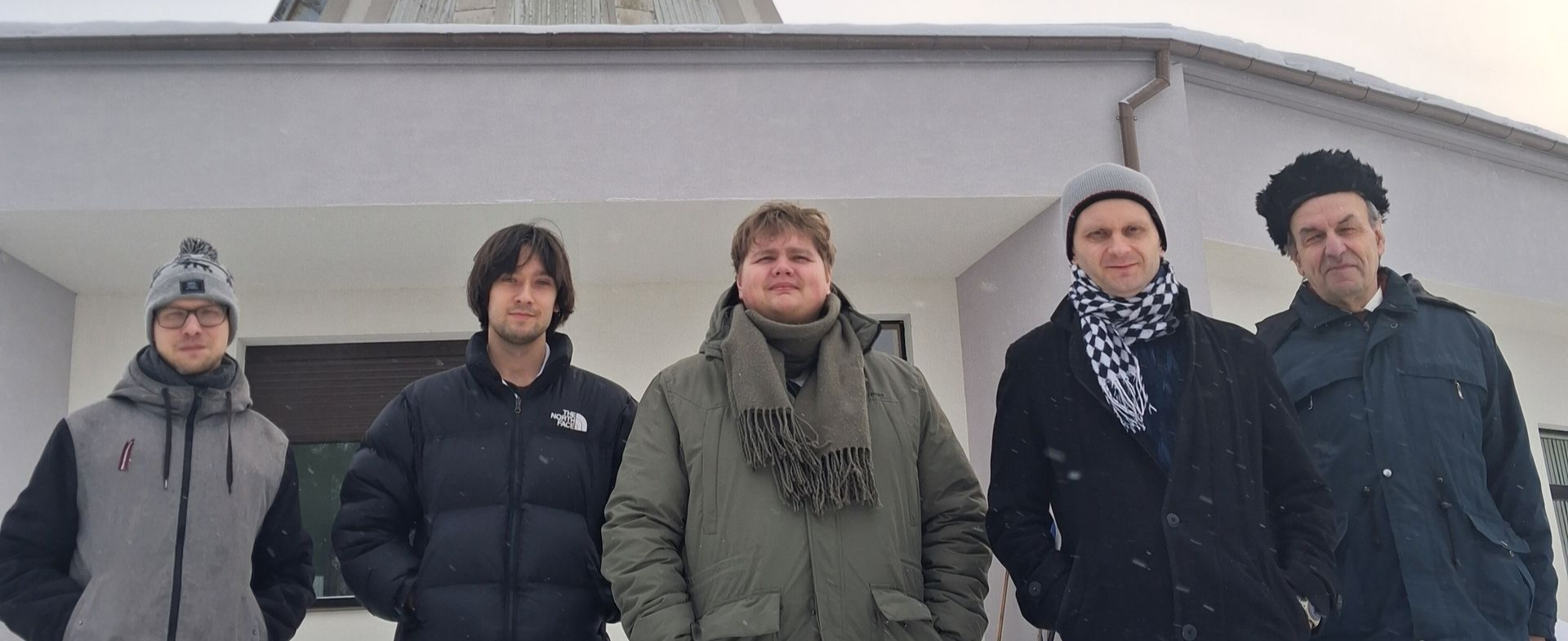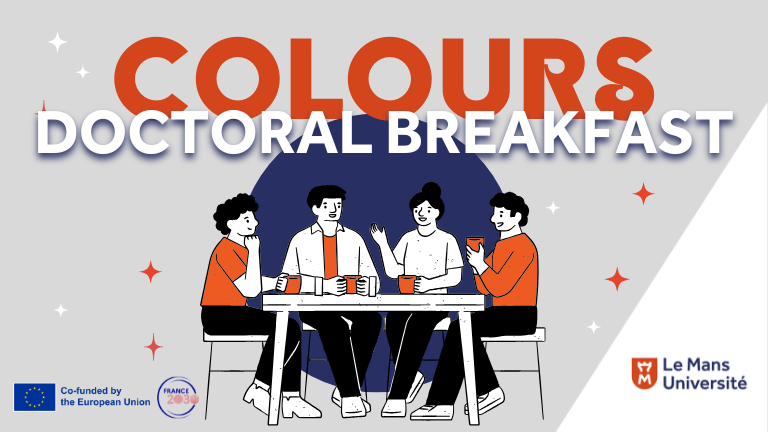Ventspils University of Applied Sciences – a Place Where Science Reaches to Space

Ventspils University of Applied Sciences is a regional university of applied sciences where scientific activities are carried out in three strategic specialization areas:
- In natural sciences – implementing research in the fields of mathematical modelling, optical signal technology, astronomy and astrophysics, space technology and engineering electronics, ICT and electronics
- In social sciences – conducting research in the areas of entrepreneurship, innovation, and regional economics
- In the humanities – conducting research in applied linguistics, comparative linguistics, and translation studies
In June 2025, the science communication brand researchLatvia paid special attention to the contribution of Ventspils University of Applied Sciences to research activities, emphasising the contribution of Mg. sc. comp. Karina Šķirmante, researcher and lecturer at the Ventspils International Radio Astronomy Centre, to science, technology and astronomy.
Ventspils University of Applied Sciences – a university with the largest radio telescope antenna in Northern Europe Although Ventspils University of Applied Sciences will only be 28 years old this year, for most of its existence, it has been home to a world-class research centre – the Ventspils International Radio Astronomy Centre (VSRC). Ventspils University of Applied Sciences has been home to the largest radio telescope antenna in Northern Europe for 21 years.
"If the world stands on three pillars, then VeA has four – three faculties and the VSRC. Science is inseparable from education, and higher education must be grounded in scientific principles. It is this close connection between education and science that has ensured the rapid development of VSRC and the Irbene radio telescope complex over the past 20 years. More than 150 students have developed their bachelor's or master's theses at VSRC - either in science or technology development. The majority of VSRC employees are graduates of our university. VSRC has grown into one of the leading scientific institutions in Northern Europe, specialising in astrophysics and space technologies. VSRC conducts international-level scientific research and contributes to technological innovations, bringing Latvia's name to the world. Shortly, radio telescopes will also be used in a completely new direction - in satellite communications, communicating with space satellites near the Moon," says Andris Vaivads, rector of Ventspils University of Applied Sciences.
International partners highly value VeA's infrastructure – the radio telescope complex in Irbene is part of the European radio telescope networks (JIVE, ILT) with significant importance in scientific observations.
VeA's scientific activities are focused on internationally significant research in collaboration with international partners, including the Swedish Space Corporation and the European Space Agency. In 2024, Ventspils University of Applied Sciences produced 41 publications indexed in Scopus and Web of Science, of which 17 were published in the highest-ranked journals in Q1, and four in Q2. This is an excellent indicator indicating competitive and high-quality research.
New researchers are being trained
Many employees of the VSRC and the Faculty of Information Technologies work in both structural units, ensuring effective knowledge transfer between researchers and students. Representatives of this field are actively involved in public education throughout Latvia, conducting practical classes in schools and VeA laboratories, as well as giving lectures at the School of Astronomy. The development of a stratospheric probe by third-year students has also become a tradition, attracting public attention and inspiring future researchers.
Ventspils University of Applied Sciences students – the most capable young specialists
This July, Mārtiņš Leimants, a student in the "Electronics Engineering" study program, will travel to the Dutch city of Noordwijk to start working at the European Space Research and Technology Centre. Mārtiņš is the second Ventspils University of Applied Sciences student to intern at the European Space Agency (ESA) – a place where only the most capable young specialists from around the world have the opportunity to gain experience. In 2022, Rodrigo Laurinovičs went to ESA and spent two years there. If one student at ESA is a significant achievement and recognition, then two already mark a notable trend, confirming the excellence of our study program.
Doctoral studies
There are currently 22 doctoral students studying and conducting research at Ventspils University of Applied Sciences – 14 students are obtaining a doctorate in social sciences, and eight students in humanities and arts. The Ventspils International Radio Astronomy Centre is a significant research centre that attracts doctoral students and candidates from other universities conducting research in the field of natural sciences.
In the 2023/2024 academic year, the first three graduates of the study program "Economics and Entrepreneurship" received their Doctor of Science degrees at Ventspils University of Applied Sciences.
Research funding doubled in 2024
Ventspils University of Applied Sciences and the VSRC are actively involved in various international programs and projects. Since 2024, Ventspils University of Applied Sciences has been part of the European university alliance COLOURS, which unites European regional universities from nine countries: France, Spain, Italy, Germany, Poland, Croatia, North Macedonia, and Sweden.
In 2024, the total funding received for research projects reached just under € 2.7 million. This is a significant increase of just under 1.5 million euros compared to 2023. The most significant increase in funding in 2024 is observed in the areas of contract work and intellectual property transfer, demonstrating the university's ability to create practically applicable solutions for industry needs.
Ventspils University of Applied Sciences focuses on the creation and transfer of high-value-added knowledge, creating a platform where education, science, and innovation meet. With a clear strategic direction, international vision and modern infrastructure, Ventspils University of Applied Sciences and the Ventspils International Radio Astronomy Centre are an essential part not only in the region and Latvia, but also on a global scale!
Video with this month's researchLatvia calendar scientist Mg. sc. comp. Karina Šķirmante
Share on other platforms
Other news







